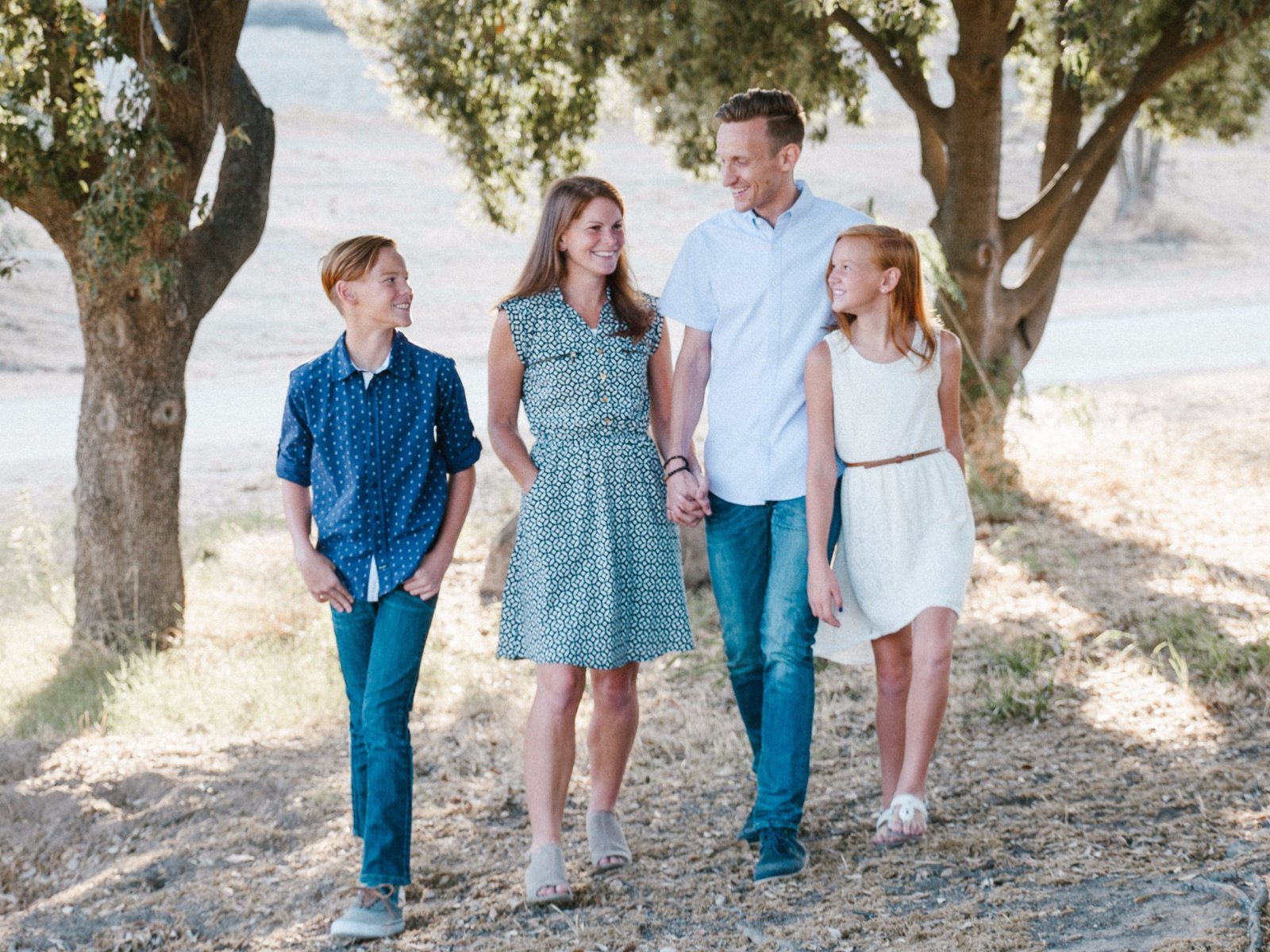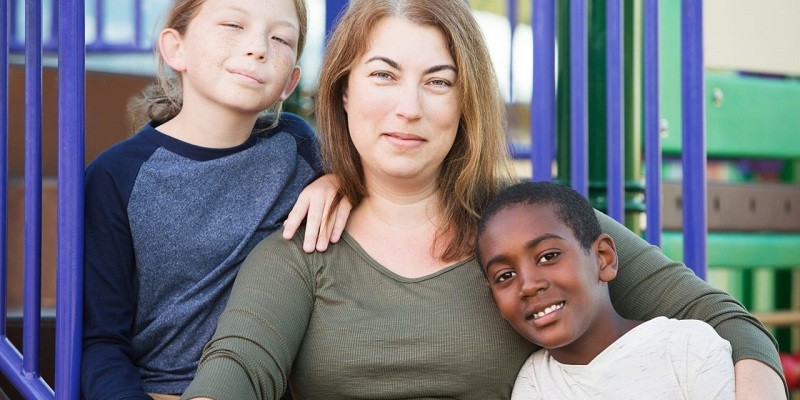To become a foster parent in Florida, you must meet the state’s requirements and complete the necessary training and assessment. Foster parents play a vital role in providing temporary care and support for children in need of a safe and nurturing environment.
By opening your home and heart to a child in foster care, you can make a lasting and positive impact on their lives. This article will guide you through the steps to become a foster parent in Florida, including the application process, training requirements, and the support available to foster families.
The Foster Care System In Florida
Discover how to become a foster parent in Florida and enhance your understanding of the state’s foster care system. Uncover the essential steps to provide a nurturing environment for children in need.
Florida has its own unique foster care system that operates under the guidelines and regulations set by the state. To become a foster parent in Florida, it’s crucial to have a strong understanding of this system and the challenges faced by children in need of foster care.
Additionally, understanding the importance of foster care in Florida can help foster parents provide the best care and support possible. Let’s delve deeper into these aspects:
Challenges Faced By Children In Foster Care:
- Trauma and instability: Many children who enter the foster care system have experienced trauma, abuse, or neglect. They may struggle with emotional and behavioral issues as a result.
- Frequent placement changes: Children in foster care often experience multiple placement changes, which can further disrupt their sense of stability and belonging.
- Lack of continuity in relationships: Foster children may struggle to develop and maintain consistent relationships with caregivers, teachers, and peers.
- Educational challenges: Frequent school changes and limited educational resources can negatively impact the academic progress of children in foster care.
- Emotional and mental health needs: Foster children may require additional support for their emotional and mental well-being, including access to appropriate counseling and therapy services.
Importance Of Foster Care In Florida:
- Foster care provides a safe and nurturing environment for vulnerable children who cannot remain with their biological families.
- It offers children the opportunity to form caring relationships with foster parents who can provide stability, support, and guidance.
- Foster care has the potential to positively impact a child’s physical, emotional, and psychological growth and development.
- It plays a vital role in the child welfare system by preventing further harm and ensuring the well-being of children in need.
- Foster parents contribute to the overall welfare of their communities by providing a stable and loving home for children in crisis.
By understanding the challenges faced by children in foster care and recognizing the importance of foster care in Florida, prospective foster parents can better navigate the system and provide the love and support needed to make a positive impact. If you’re considering becoming a foster parent in Florida, keep reading to discover the steps you need to take.
Eligibility Criteria For Becoming A Foster Parent In Florida
To become a foster parent in Florida, you must meet certain eligibility criteria set by the state. These criteria typically include being at least 21 years old, passing background checks, completing training and home studies, and being financially stable to support a child in your care.
To become a foster parent in Florida, there are several eligibility criteria that you must meet. These requirements ensure that potential foster parents are capable of providing a safe and nurturing environment for children in need. Let’s take a closer look at the criteria that must be met:
Age And Marital Status Requirements:
- Age: The minimum age requirement to become a foster parent in Florida is 21 years old. This ensures that individuals are emotionally and financially ready to take on the responsibilities of parenting.
- Marital status: Florida does not require foster parents to be married. Single individuals, as well as married couples, are eligible to become foster parents. The key factor is the ability to provide a stable and loving home environment.
Complete Background Checks And Home Inspections:
- Background checks: As part of the foster parent application process, background checks are conducted. This involves a thorough review of criminal records and any history of abuse or neglect. The purpose is to ensure the safety and well-being of the children in your care.
- Home inspections: A home inspection is conducted to assess the suitability of your living environment for foster children. This includes ensuring that the home is clean, has adequate space, and meets safety requirements. The goal is to create a nurturing and secure environment.
Physical And Mental Health Requirements:
- Physical health: Foster parents must be in good physical health to meet the demands of parenting. While minor health issues may not disqualify individuals, serious health conditions that would hinder the ability to care for children may be considered.
- Mental health: Foster parents should also have good mental health to provide emotional support and stability to the children in their care. Mental health screenings are conducted to ensure that individuals are equipped to handle the challenges that may arise.
Becoming a foster parent in Florida requires meeting specific eligibility criteria related to age, marital status, background checks, home inspections, and physical and mental health. Once these criteria are met, you can begin the rewarding journey of providing a loving home for children in need.
Steps To Becoming A Foster Parent In Florida
Looking to become a foster parent in Florida? Follow the steps outlined in this guide to start the process and make a positive impact on a child’s life.
Becoming a foster parent in Florida is a rewarding journey that allows you to make a positive impact on the lives of children in need. If you’re considering taking this step, there are several important steps you need to follow.
Here’s a breakdown of the process to becoming a foster parent in Florida:
Attend An Orientation Session:
- Orientation sessions are designed to provide you with essential information about the foster care system and the requirements for becoming a foster parent in Florida.
- During the session, you will learn about the responsibilities and challenges of foster parenting, as well as the support services available to you.
- Attending an orientation session is a crucial first step towards becoming a foster parent in Florida.
Complete Pre-Service Training:
- Before you can become a foster parent, Florida requires you to undergo pre-service training.
- This training is designed to prepare you for the unique aspects of foster parenting and ensure you have the necessary skills and knowledge.
- The training covers topics such as child development, trauma-informed care, and the legal aspects of foster care.
- Completing the pre-service training is an important requirement on your journey to becoming a foster parent.
Submit An Application And Required Documentation:
- Once you have completed the pre-service training, the next step is to submit an application to become a foster parent.
- The application process requires you to provide detailed personal information, including financial records, medical reports, and references.
- You will also need to undergo background checks, including fingerprinting, to ensure the safety and well-being of the children in your care.
- Submitting the application and required documentation is a crucial step towards becoming a licensed foster parent in Florida.
Undergo A Home Study Evaluation:
- As part of the foster parent licensing process, you will undergo a home study evaluation.
- A licensed social worker will visit your home to assess its safety and suitability for foster care.
- This evaluation includes interviews with all family members, as well as a review of your personal and financial records.
- The purpose of the home study evaluation is to ensure that your home provides a nurturing and stable environment for a foster child.
Attend The Foster Parent Licensing Hearing:
- The final step in becoming a foster parent in Florida is attending the foster parent licensing hearing.
- During the hearing, a judge will review your application, documentation, and home study evaluation.
- It is important to prepare for the hearing by familiarizing yourself with the licensing requirements and gathering any additional supporting documents.
- Attending the foster parent licensing hearing is the last step in the process, and once approved, you will be officially licensed as a foster parent in Florida.
Becoming a foster parent in Florida requires dedication, commitment, and a genuine desire to make a difference in a child’s life. By following these steps, you can embark on a fulfilling journey that positively impacts the lives of vulnerable children and youth.

Credit: heartofadoptions.com
Frequently Asked Questions On How To Become A Foster Parent In Florida?
How Much Do Foster Parents Get Paid In Florida?
Foster parents in Florida receive payment, the amount varies depending on the child’s needs and care provided.
How Long Does It Take To Be A Foster Parent In Florida?
It takes time to become a foster parent in Florida, but the process varies.
What Disqualifies You From Being A Foster Parent In Florida?
Certain factors may disqualify individuals from becoming foster parents in Florida, including criminal records and substance abuse.
What Is Level 1 Fostering In Florida?
Level 1 fostering in Florida is a type of foster care in which children have low to moderate needs.
Conclusion
Becoming a foster parent in Florida is a noble and fulfilling endeavor that can positively impact the lives of vulnerable children. By understanding the requirements, completing the necessary training, and engaging with the foster care system, you can provide a stable and loving home for a child in need.
Take the time to research and connect with local agencies to navigate the application process smoothly. Remember, becoming a foster parent is a journey that requires dedication, patience, and a compassionate heart. While challenges may arise along the way, the joy and sense of purpose gained from making a difference in a child’s life far outweigh the difficulties.
As you embark on this remarkable journey, remember that you are not alone. Reach out for support from fellow foster parents, attend support groups, and utilize the resources available to you. Together, we can create a brighter future for Florida’s foster children.







